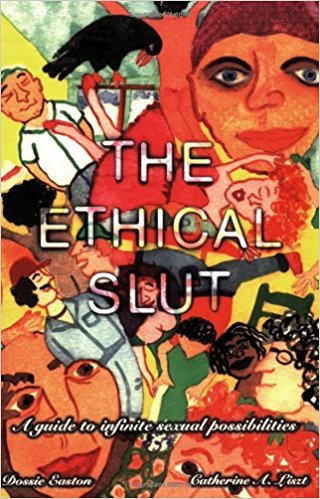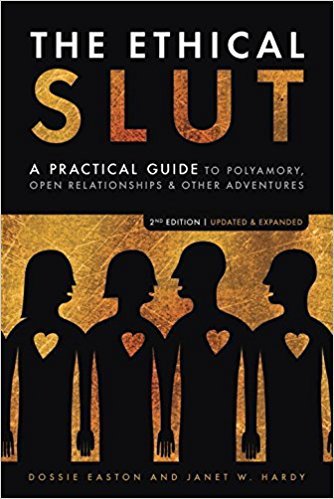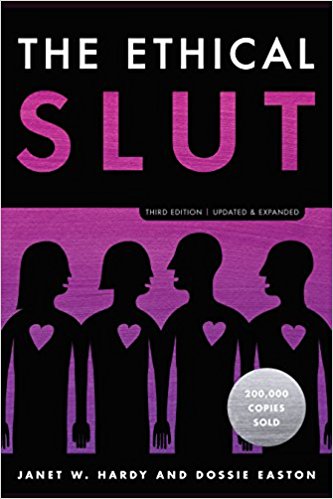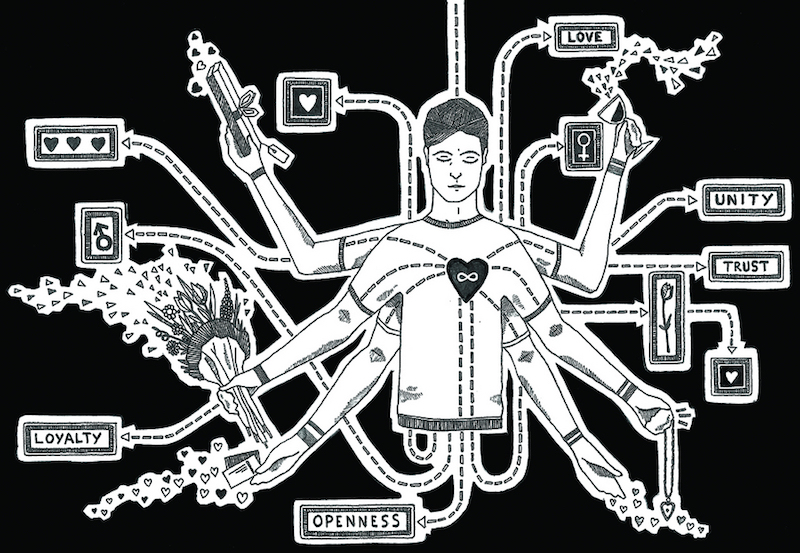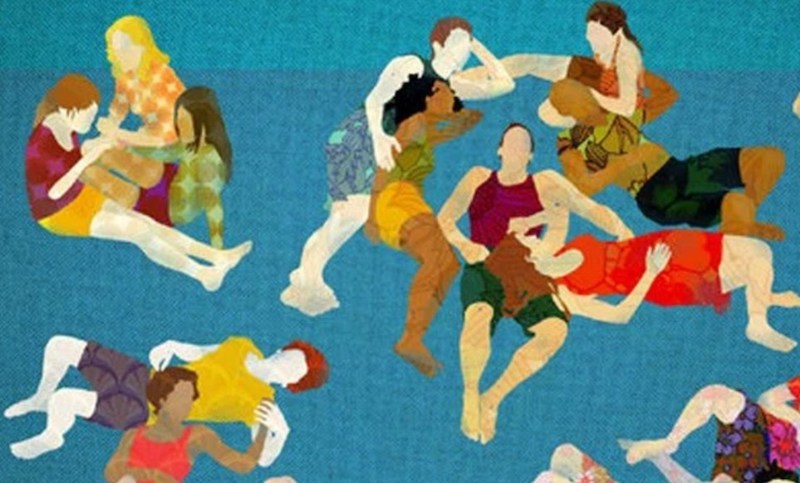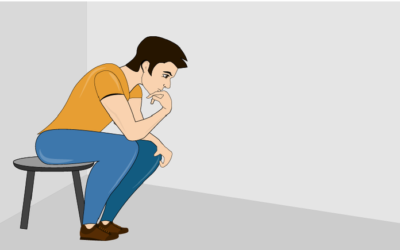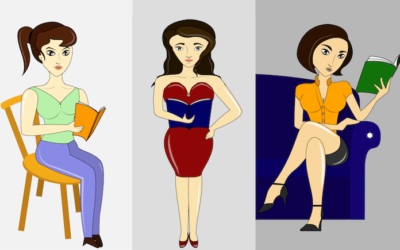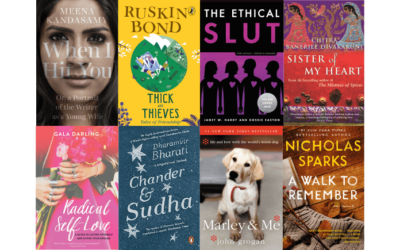When You Find Yourself Questioning Monogamy, Read The Ethical Slut

Devanshi Jain
April 5, 2018
Fair warning: Some of the concepts and terms may make you uncomfortable.
Note: The pronouns ‘him’ and ‘her’ have been used interchangeably to denote the gender fluidity of the word ‘slut’.
“So we are proud to reclaim the word “slut” as a term of approval, even endearment. To us, a slut is a person of any gender who has the courage to lead life according to the radical proposition that sex is nice and pleasure is good for you.”
Easton and Hardy reclaim the word ‘slut’, which usually has a negative connotation in our lexicon. They debunk the myths associated with the term to make a case for using it to identify yourself as a slut.
Sluts see themselves first as individuals, warts and all. To the authors, a slut is someone who enjoys her sexuality freely and shares it in a way which makes them comfortable. He tends to be curious and adventurous since he doesn’t always know what works for him. The authors believe that sex and sexual love are integral to bringing about change, enhancing lives and increasing spiritual awareness.
They are disturbed when they see people who are ashamed of or hate their sexuality. Easton and Hardy postulate that happy, connected sex will help people develop a better sense of self-worth. After all, they have “never met anyone who had low self-esteem at the moment of orgasm.”
“We are ethical people, ethical sluts. It is very important to us to treat people well and not hurt anyone.”
Hardy and Easton distinguish between ethical and non-ethical sluts. An ethical slut is one who treats people well and does not hurt anyone. It doesn’t mean that you do whatever you want, whenever you want, with whomever you want.
In outlining the principles of ethical sluthood, they stress that an ethical slut will always value consent above everything else- this implies that if you bully, manipulate, coerce, lie to or take advantage of someone in order to have sex, then it is not consensual and thereby not ethical. Further, ethical sluts are honest with themselves and others and recognise the ramifications of their sexual choices. They understand that emotions like jealousy are real and choose to address them instead of ignoring them.
Communication is very important for ethical sluts and the bedrock of having successful non-monogamous relationships where all parties feel safe and secure.
“A ring around the finger does not cause a nerve block to the genitals.”
This is evident from the number of people who end up being ‘cheated on’ which Easton and Hardy refer to as non-consensual non-monogamy.
Just because you are married or in a “committed” relationship does not necessarily mean that you should be monogamous. While our culture definitely touts monogamous relationships as the only “real relationships”, the authors believe that there is nothing “that can be achieved within a long-term monogamous relationship that cannot be achieved without one.” Being in love does not mean that you will automatically lose sexual interest in others, nor does being in a consensual non-monogamous relationship imply that you are not in love. Outside involvements do not subtract from your love or intimacy unless you choose to let them.
They quote their friend Richard who finds it absurd when people associate having sex with only one person as ‘being faithful’. Instead, the authors postulate that faithfulness has little to do with whom you have sex with and is more about honouring your commitments and respecting and caring for your partners.
“One of the wonderful advantages of being a slut is that you get to have different kinds of relationships, instead of having to choose just one. When we are looking for a life partner, for example, we want a lot of compatibility: similar values, intellectual and aesthetic interests in common, good sex, likes to eat the same food. We can connect with a much wider range of people as soon as we stop auditioning them for a together-forever role.”
The Ethical Slut theorises that we expect too much of our partners. Sometimes, it is difficult for one person to be everything we need- perfect in bed, our confidante, our best friend, our intellectual equal and someone fun to spend time with. This puts pressure on our relationships because our partners are unable to meet our expectations and may end up feeling inadequate. We have been brought up to believe that we need to find that one person who can be everything to us and if they aren’t, then the relationship is not worth it.
Easton and Hardy suggest accepting that no one person will ever meet all our needs and opening ourselves to other people who can meet them- whether they are emotional, physical or sexual. Instead of spending years trying to mould your partner into what you wish they were, find someone else to meet the needs your partner cannot meet. This will also reduce pressure on the relationship and increase intimacy. “Sluthood means, among other things, that you don’t have to depend on any one person to fulfill all your desires.”
“For many people, the biggest obstacle to free love is the emotion we call jealousy.”
While acknowledging the destructive powers of jealousy, the authors believe that we give it too much power and that monogamy is not a “cure” for jealousy. Further, it manifests itself differently for different people. It could be an expression of insecurity or fear of abandonment, inadequacy or rejection. To combat jealousy, you have to first figure out what it means to you. Could it possibly be envy or competitiveness?
The first step to “unlearning jealousy” is to give yourself permission to make mistakes and to work on building a strong foundation of self-worth and self-validation, which does not depend on sexual exclusivity or ownership of your partner.
Do not deny your jealousy, instead communicate it to your partner, and have an honest conversation about how you can feel more secure in the relationship. Similarly, be open to your partner expressing their feelings of jealousy. Jealousy does not imply mistrust- it is just an emotion which comes and goes and the only way to disempower it is to deal with it effectively.
“There is no ownership in relationships.”
Nobody has the right to control someone else’s behaviour. In fact, commitment does not signify a right to anything except mutual respect and caring for each other. You are both individuals who choose to be in a relationship because it meets a particular need but it does not give you the right to decide how your partner will behave or what their actions must be.
Sluts understand that the individual is the first unit and it is up to them to decide when and who they want to add to their world and make a part of their family. They keep in mind that they only have a certain amount of time to dedicate to their relationships and only enter into commitments they can honour. They don’t believe in changing or moulding people; instead, they accept their partner for who they are simply because they make conscious choices and have clear expectations from their partners.
“We believe that monogamy will continue to thrive as it always has, a perfectly valid choice for those who truly choose it. We don’t think it’s much of a choice when you are forbidden to choose anything else.”
The Ethical Slut is not a manifesto against monogamy. Easton and Hardy’s primary argument is that there are other options beyond traditional monogamy and you should be aware of them so you can make an informed decision on which will help you be the best version of yourself. Their main concern is that we are conditioned into thinking that marriage and couplehood is the only right way to have a fulfilling relationship. They urge you to look at other options, weigh the pros and cons, and see what is the best fit for you and not accept monogamy as it is the norm. If you still think monogamy works best for you, then so be it.
“Our favourite sexual fantasy: sexual abundance. We want everyone to be free to express love in every possible way. We want to create a world where everyone has plenty of what they need: of community, of connection, of touch and sex and love.”
Easton and Hardy dream of a ‘slut utopia’ where you are free to choose who you love or how you choose to express that love. In this world, no one is starving from lack of sex and there are new choices for sex and love, for family and community. New community and family structures are created on an as-needed basis as opposed to everyone prescribing to one ideal ‘traditional’ structure. In this utopia, there is no shame or embarrassment for your desires, and you can embrace sluthood without fear.

Devanshi has been reading ever since she can remember. What started off as an obsession with Enid Blyton, slowly morphed into a love for mystery and fantasy. Even her choice of career as a lawyer was heavily influenced by the works of Erle Stanley Gardner and John Grisham. After quitting law, and while backpacking around India, she read books on entrepreneurship, taught herself web design and delved into social media marketing. She doesn’t go anywhere without a book.
She is the founding editor of The Curious Reader. Read her articles here.


